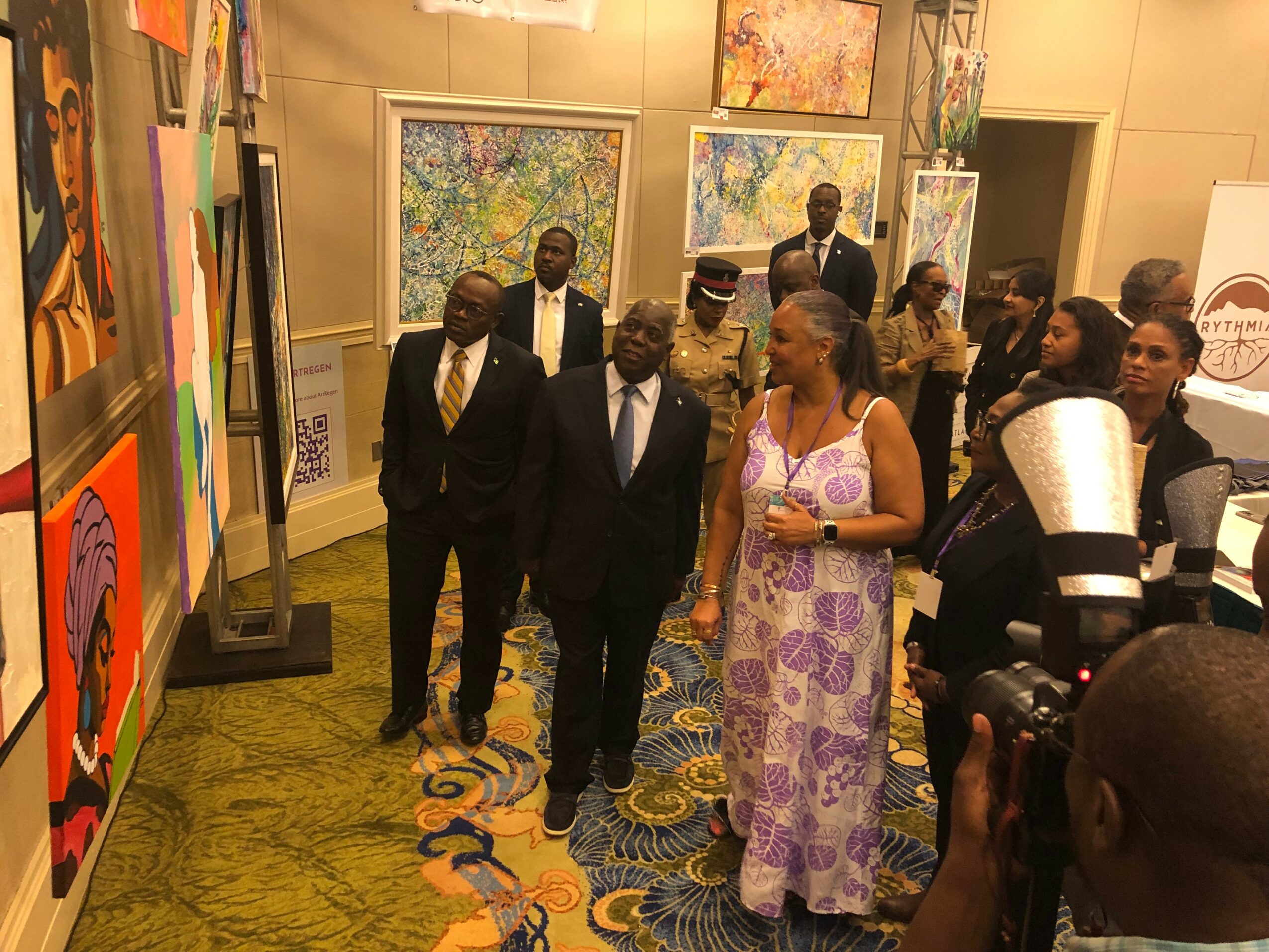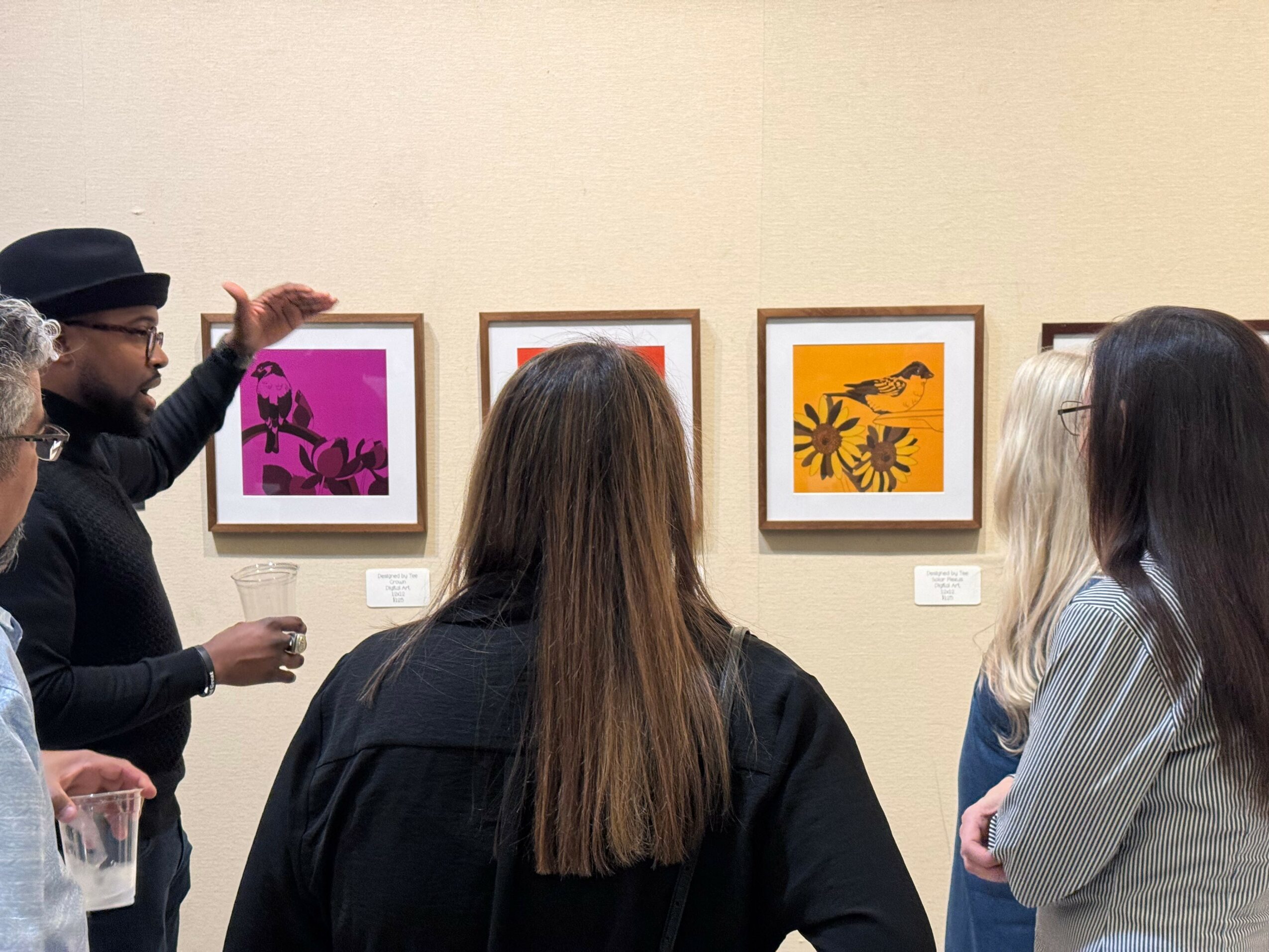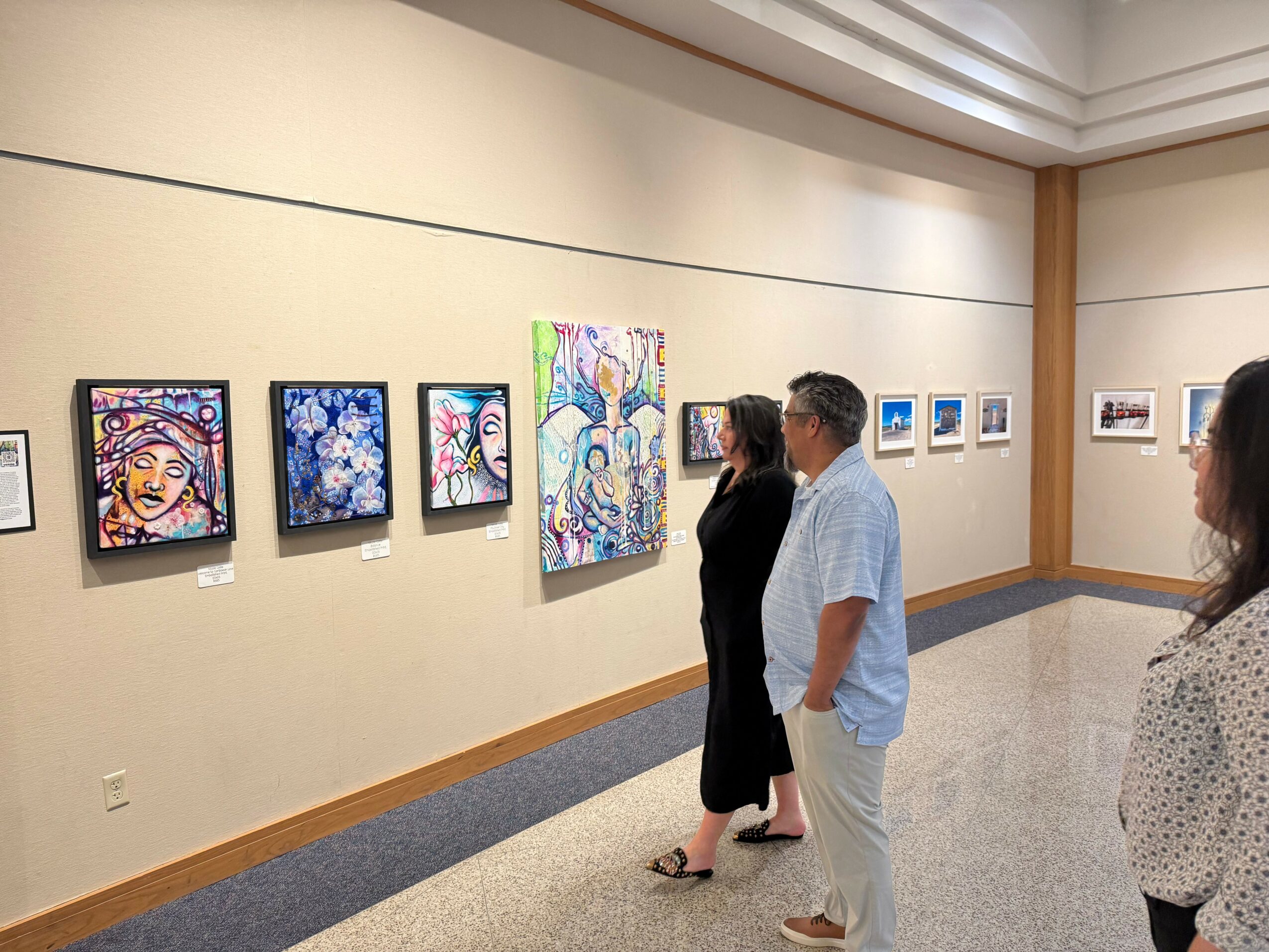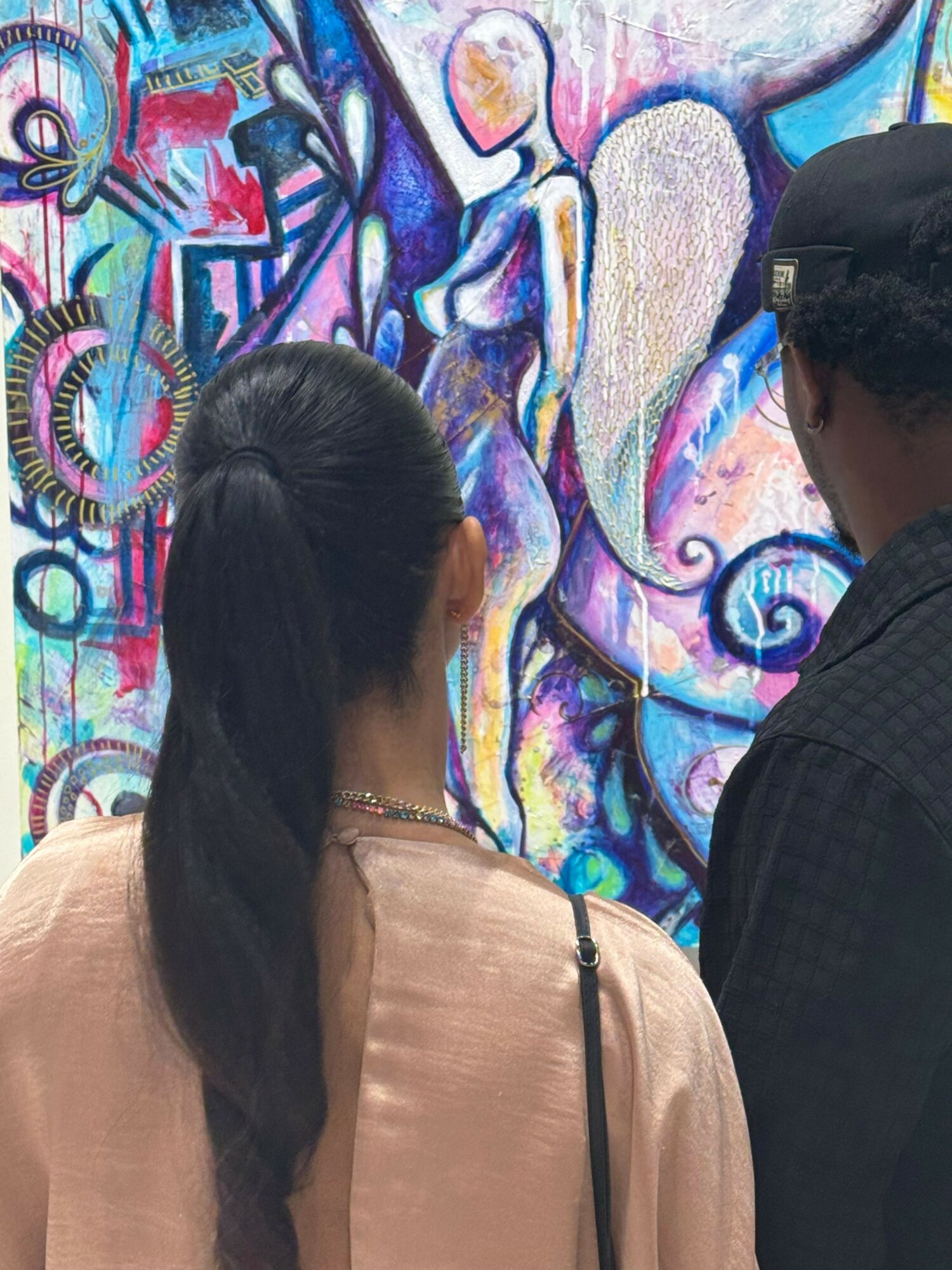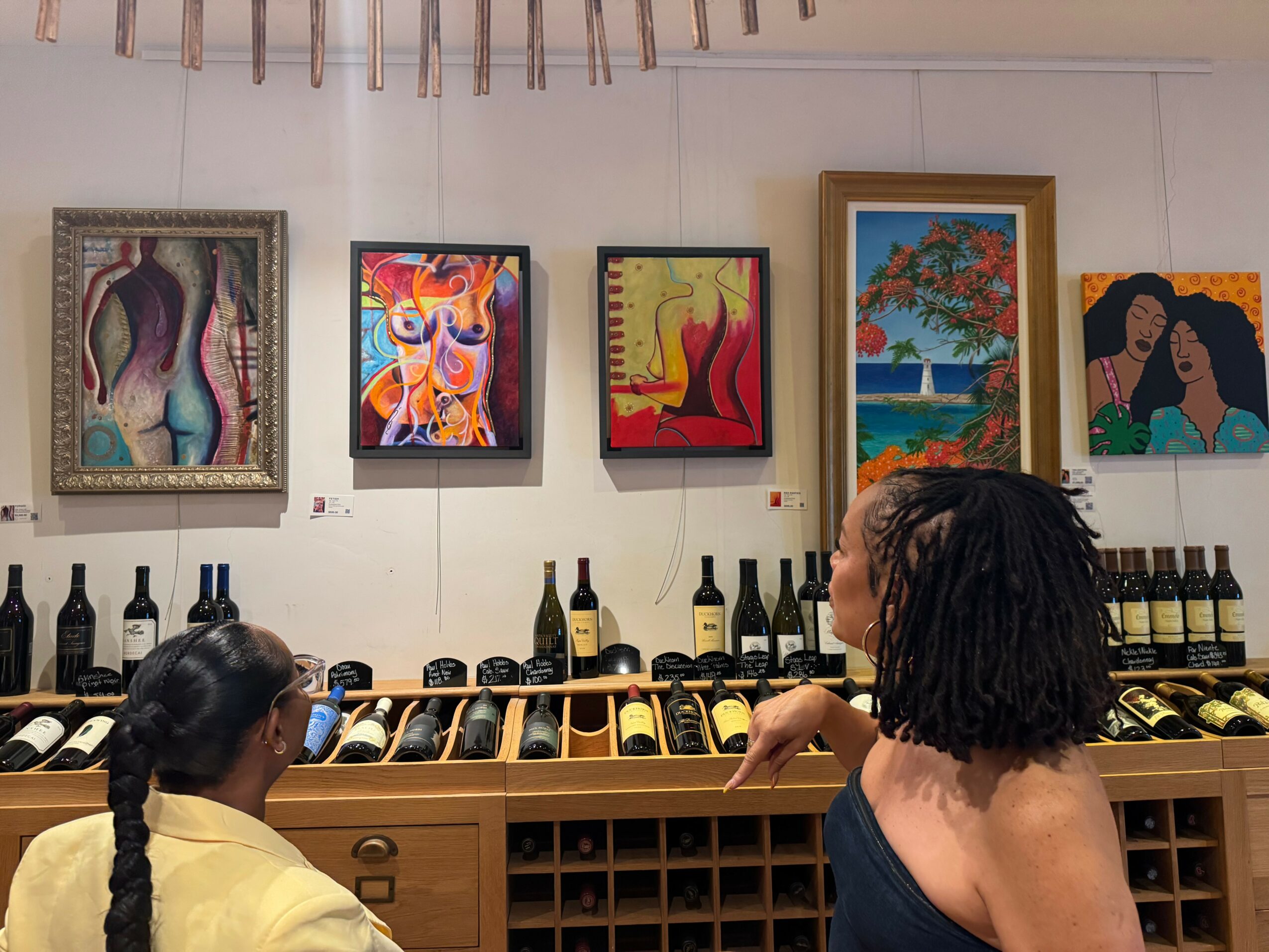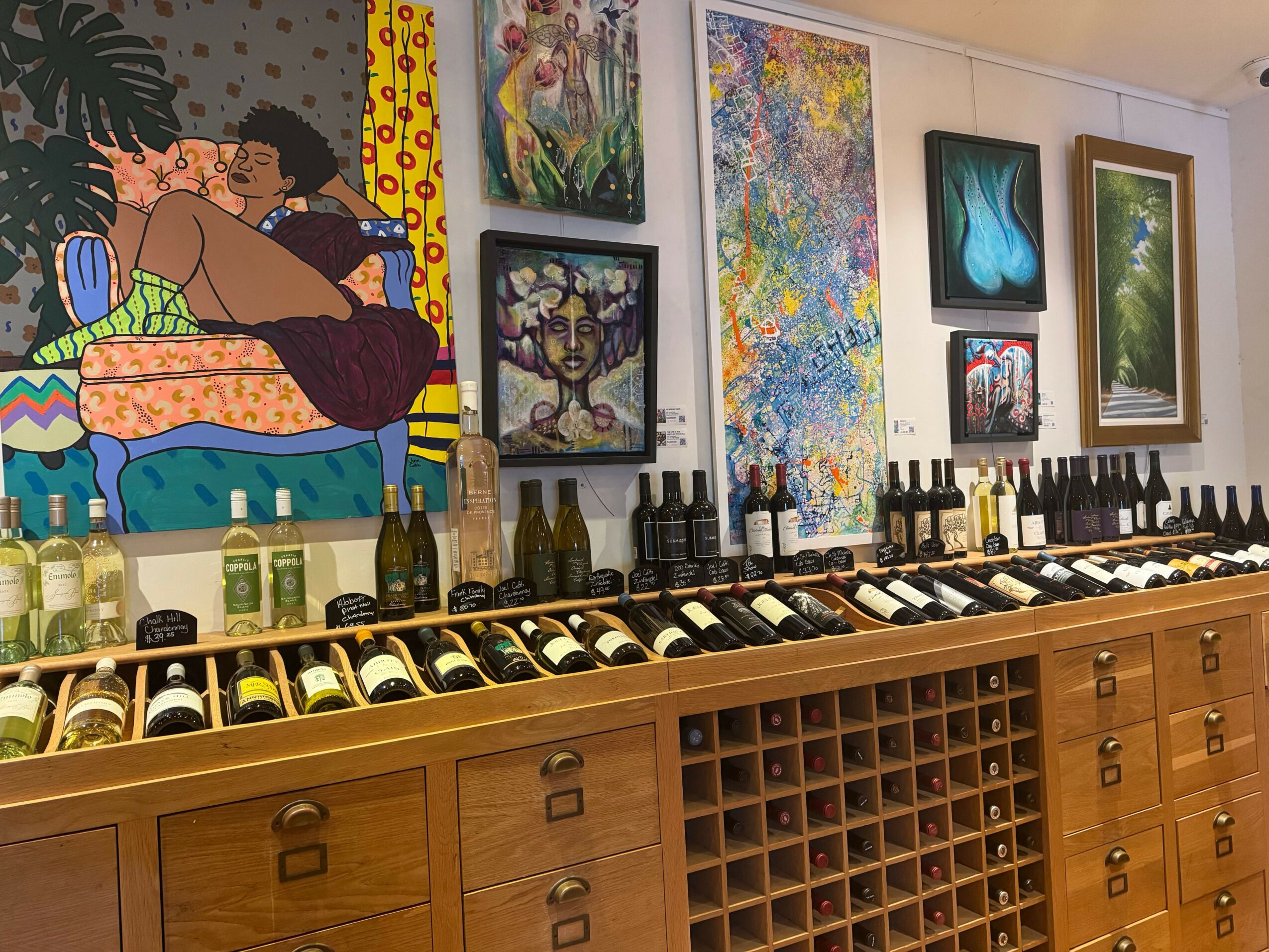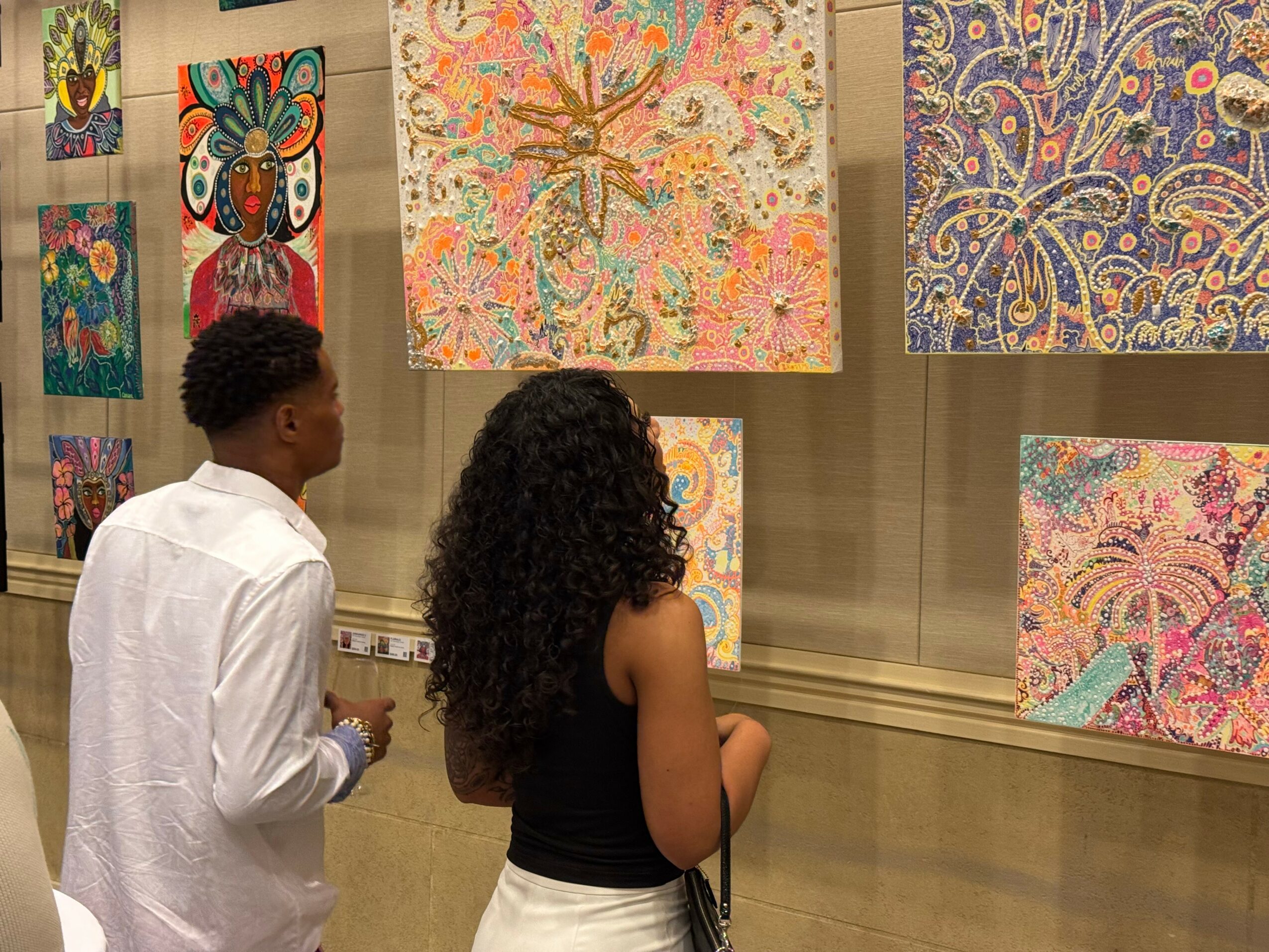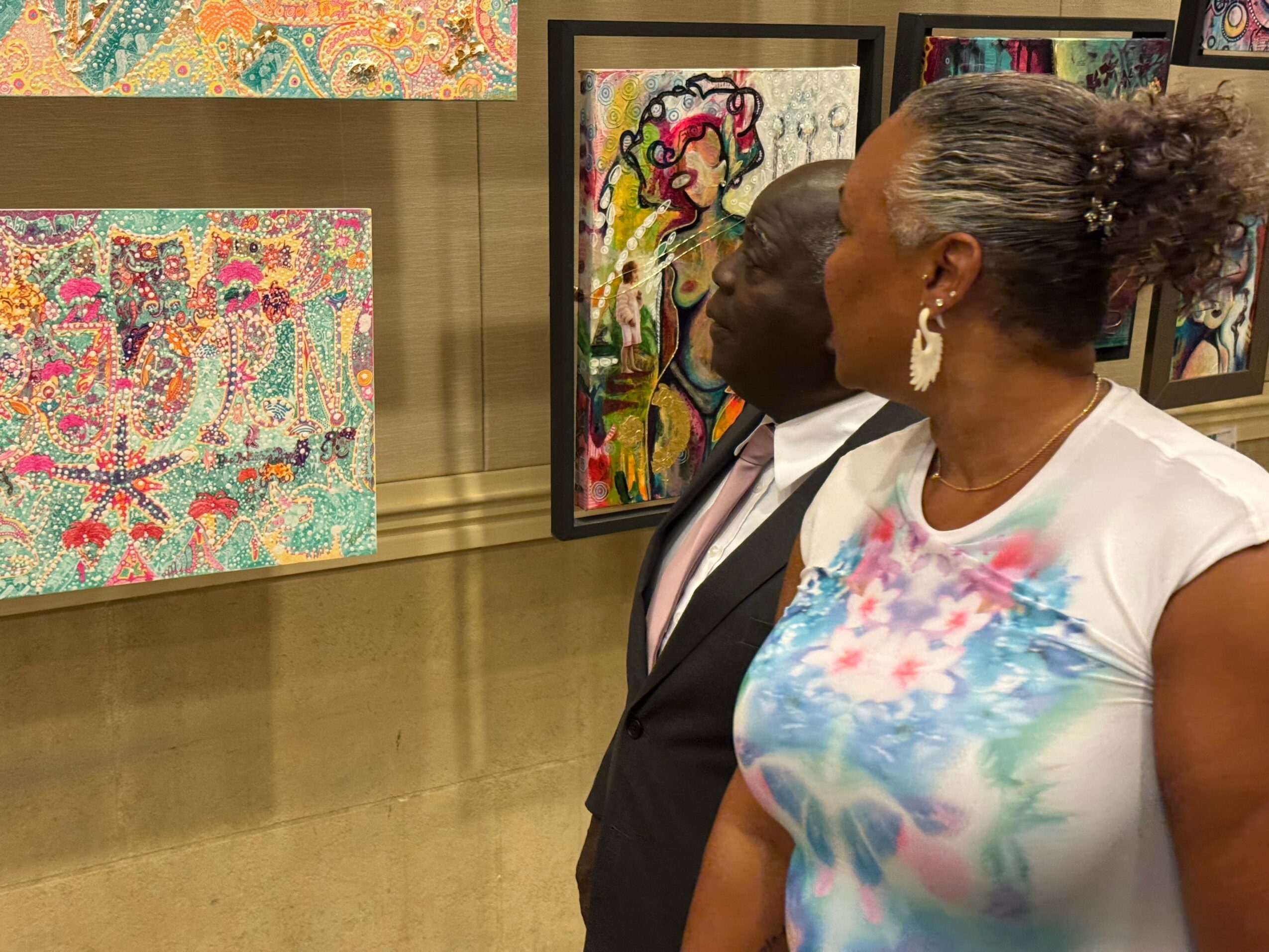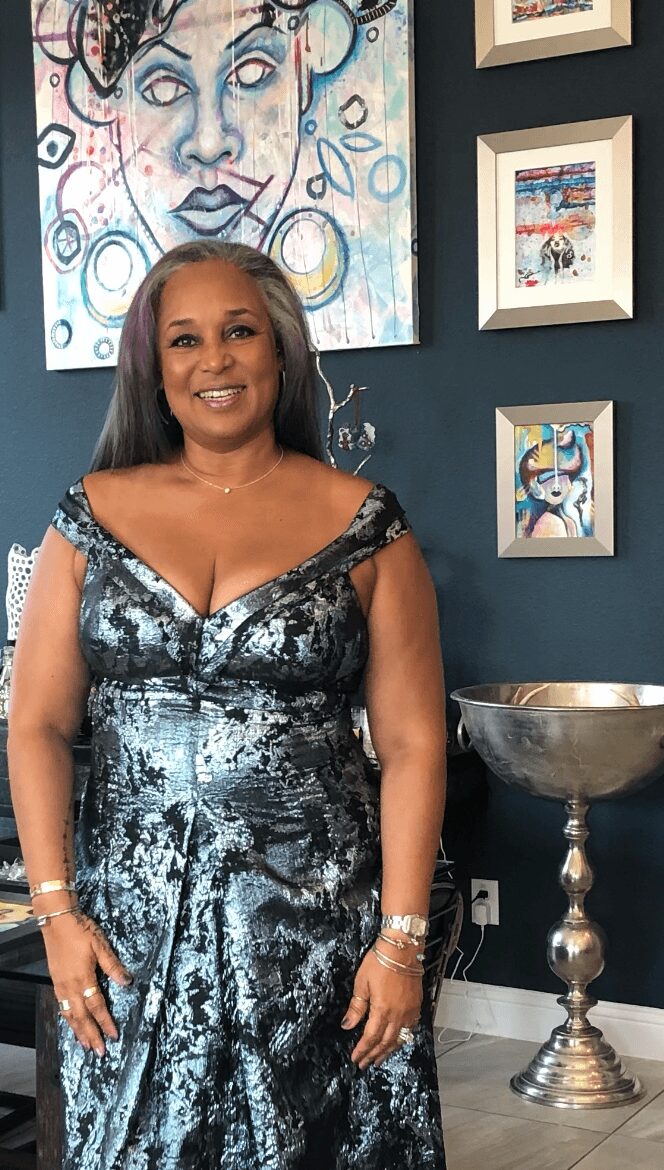

We’re looking forward to introducing you to Nicole Collie. Check out our conversation below.
Nicole , a huge thanks to you for investing the time to share your wisdom with those who are seeking it. We think it’s so important for us to share stories with our neighbors, friends and community because knowledge multiples when we share with each other. Let’s jump in: Have any recent moments made you laugh or feel proud?
Yes, I’m very proud of the small steps my nonprofit, Creating Gray Spaces and Emerging Creatives—has taken this year. Within the Creating Gray Spaces platform, we’ve been able to design and do the layout for three books, all of which will soon be available on Amazon. I’m especially proud that we’ve been able to support women in making their dreams come true—helping them self-publish, ensuring their books are beautifully designed, properly formatted for both print and e-pub, ready for readers everywhere.On the Emerging Creatives side, we’ve had some wonderful accomplishments. This year we hosted an art show at Weatherford College, Texas, along with opportunities at a few other places. Even more exciting, three of our artists will be showcasing their work at the Embassy of The Bahamas in Washington, D.C.—a huge milestone for them and for us.Looking ahead, I’m also thrilled that HEALinc will be represented on three continents next year, giving us the opportunity to exhibit artwork in The Bahamas, New York, and Istanbul, Turkey.At the heart of everything we do, our mission is to uplift people—to provide a supportive space where creatives can showcase their work, sell their art, and be proud of what they’ve accomplished. Those are the things I’m most proud of this year.
Can you briefly introduce yourself and share what makes you or your brand unique?
My name is Nicole Collie Jamison, and I’m the founder of Creating Gray Spaces and co-founder of Emerging Creatives. At the heart of both organizations is a deep commitment to uplifting people through creativity, education, and community.Creating Gray Spaces is a nonprofit that supports individuals in transitional moments of life—those “gray spaces” where growth, uncertainty, and opportunity intersect. We help people bring their visions to life by offering services like self-publishing support, book layout and design, graphic design, academic coaching, and professional development. What makes it special is that we don’t just provide a service; we walk alongside people in their journey—whether that’s helping an author publish their first book, or a student build confidence in their academic skills.On the other hand, Emerging Creatives focuses on empowering artists, especially creatives of the diaspora. It’s a global initiative that gives artists a safe, inclusive space to showcase their work, retain ownership, and be celebrated for their creativity. We’ve been able to host art shows at places like Weatherford College and Del Frisco’s, and three of our artists will be showcasing at the Embassy of The Bahamas in Washington, D.C.—which is a huge milestone. Looking ahead, we’re expanding opportunities globally, with exhibitions planned in The Bahamas, Texas, New York, and Istanbul.What makes both organizations unique is the blend of empowerment and practical support. We aren’t just about creating art or books—we’re about helping people believe in themselves, build confidence, and bring their dreams into reality. My story is really about service: creating spaces where people can grow, shine, and be proud of what they’ve accomplished.
Amazing, so let’s take a moment to go back in time. What did you believe about yourself as a child that you no longer believe?
As a child, I believed I was stupid. My fifth-grade teacher actually called me that, and it showed up in my report card—something that was very hard for my parents to see. I have dyslexia, and in the early 80s it was still something people were just beginning to understand. Because of that, I spent a lot of time in special classes, special schools, and special education programs.
My parents always encouraged me not to give up—that having dyslexia didn’t mean I was less than, it just meant I had to learn differently and work harder than most. Still, I carried that word “stupid” with me for many years. My high school grades were terrible, and I dropped out of college multiple times, across three different decades.
It took me a long time to realize that my dyslexia isn’t a weakness—it’s actually my superpower. The way my brain works is the reason I’m so creative today. I’ve had to accept that I don’t process information the same way as others, and that’s okay. Memorizing multiplication tables was almost impossible for me—and to this day, I still don’t know them—but I’ve learned to be grateful for calculators, computers, and the tools that allow me to thrive in my own way.
Now, I want to use my story to empower others who have ever felt “less than.” Even though my parents never said that about me, my grades told a different story, and I believed it for too long. Today, I’m proud to say I’ve shed that label. I’ve embraced the way my mind works, and I want others to know they can, too.
Was there ever a time you almost gave up?
Gosh—yes, there were many times I felt like giving up. In fact, I did give up more than once. I dropped out of college three or four different times, and it wasn’t until my early 40s that I finally graduated. But when I did, I graduated with a 4.0, summa cum laude. That was such a full-circle moment for me.
What I’ve learned through all of that is that failing is not the end—it’s actually a vital part of life. I see failure as a positive, because it pushes you into uncomfortable spaces where real growth happens. Every time you fail, you have the chance to dust yourself off, try again, and discover new ways forward. There’s never just one way to reach your goals—there are always multiple paths.
For me, those moments when I thought I had given up actually became the moments where I found resilience. I realized that if I could go just one step further than I thought I could, I was proving to myself that I was stronger than I believed. So now, when I think about giving up, I don’t see it as weakness—I see it as part of the process. We all fail. We all stumble. What matters is that we get back up and keep moving.
So a lot of these questions go deep, but if you are open to it, we’ve got a few more questions that we’d love to get your take on. What’s a belief or project you’re committed to, no matter how long it takes?
The project I’m most committed to—no matter how long it takes—is uplifting the artisans of The Bahamas. Bahamians are incredibly creative people. From music and writing to visual arts and cultural traditions like Junkanoo and goatskin drums, we’ve always made our own. We design our own costumes, weave our own straw bags and rugs, and pass these crafts down through generations. Creativity is in our DNA.
But what troubles me is that our government doesn’t always give our artisans the recognition and support they deserve. When officials meet with other dignitaries abroad, Bahamian art should be showcased as part of our national pride—but too often, it’s not. Even our straw work, which is such a historic part of our culture, is fading because it hasn’t been elevated or preserved in the way it should be.
I want to change that. I want to help ensure Bahamian artisans are not only seen and heard, but also celebrated with the dignity they deserve. Our culture, our creativity, our artistry—it all matters. And I am committed, for as long as it takes, to lifting up Bahamian artisans and making sure the world recognizes their value.
Before we go, we’d love to hear your thoughts on some longer-run, legacy type questions. What is the story you hope people tell about you when you’re gone?
When I’m gone, I hope people say that I was someone who made space for others to shine. That I believed in people—especially those who may have doubted themselves—and gave them the tools, encouragement, and opportunities to believe in their own gifts.
I want the story to be that I used my struggles and my creativity not just for myself, but to lift others up. That I helped people publish their books, share their art, and step into spaces they never imagined they could.
Most of all, I hope people remember me as someone who loved deeply, served faithfully, and left behind a legacy of empowerment, creativity, and community.
Contact Info:
- Website: https://www.emergingcreatives.org
- Instagram: https://www.instagram.com/emerging_creatives_nonprofit/
- Facebook: https://www.facebook.com/EmergingCreatives2019/
- Other: https://www.creatinggrayspaces.com
www.nicolecollieart.com
